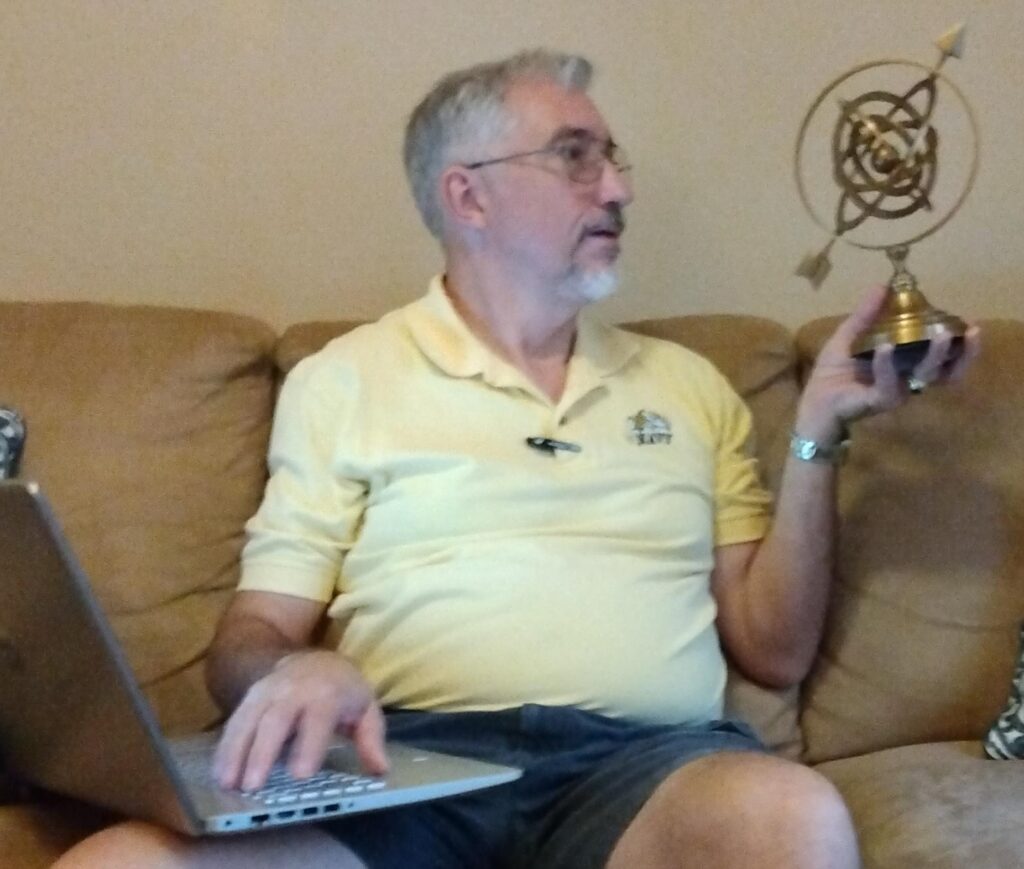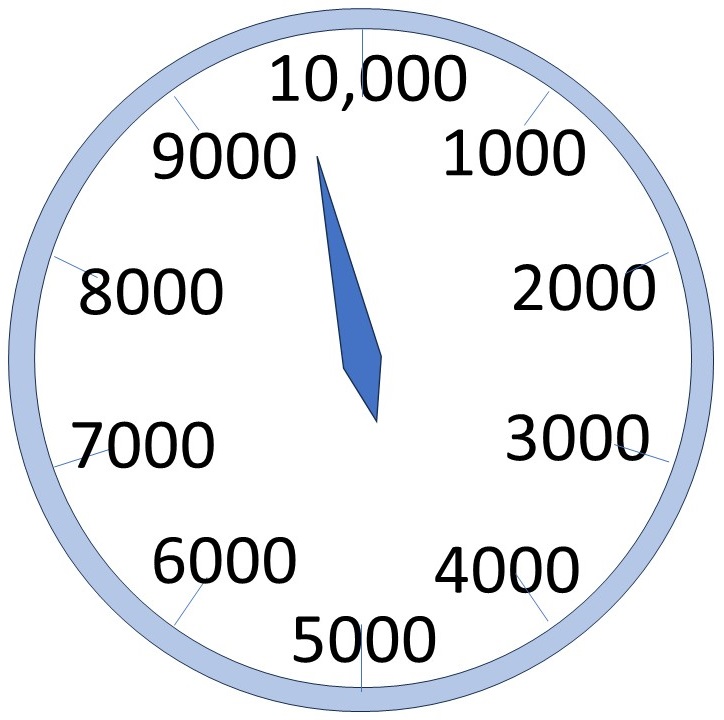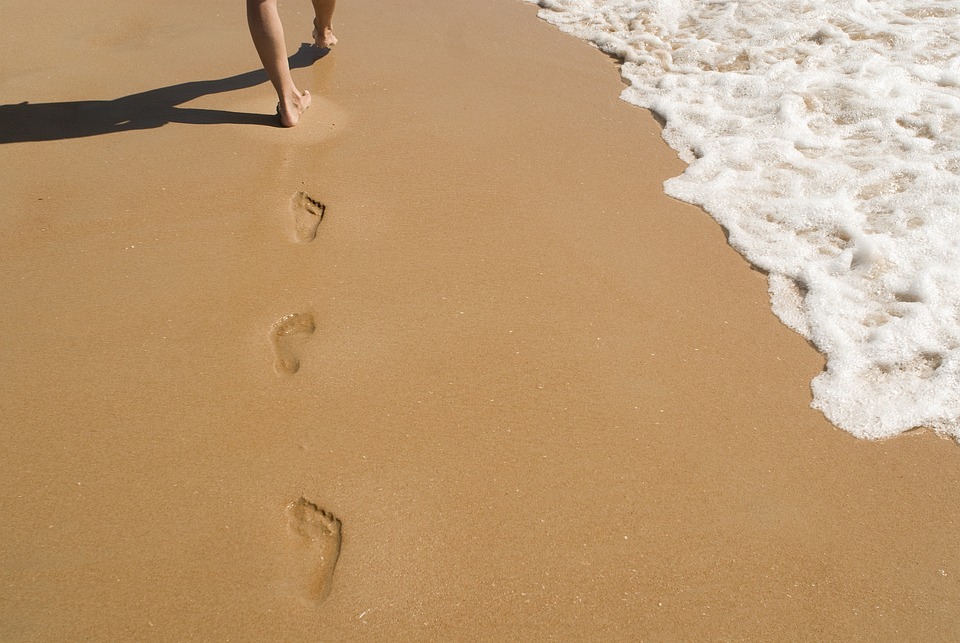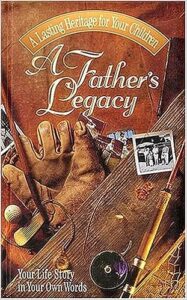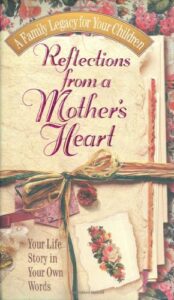You’ve read my blogposts, but how well do you really know me? Though I’m not the boasting type and prefer to keep my personal life private, I’ll give you a brief summary.
According to my mom, I was born with the stub of a Number 2 pencil in my mouth, and enjoyed scribbling on the rails of my crib. She said I wrote before I could talk. At my request, my baffled parents got me a typewriter for my first birthday.
When schoolteachers asked for a sentence, I gave them 500-word stories, and wrote my first novel at age six. For my best chums, I wrote adventure tales starring them as the heroes. When bullies tormented me, they became (in my stories) ugly villains who met well-deserved deaths. Girls adored my love poems, framed them, and hung them on their bedroom walls.
In the mid-70s, I built a computer and created word-processing software. Sure wish I’d patented them. As a teen, I decided I needed to experience more of life so I could capture it better in my stories. Call it literary research.
So I left home and stowed away aboard a submarine.
Turns out, that’s a crime. I got caught and was sent to an underwater prison, from which I escaped.
No more stowing away. I built my own submarine from junkyard parts (it’s harder than it sounds) and sailed to Greece, then China, and from there to the Brazilian Amazon where I killed a deadly, shape-shifting vampirefish.
Back in 2012, I prevented the end-of-the-world cataclysms predicted by the Mayan calendar. You’re welcome.
I discovered the location of Atlantis, but see no need to reveal it, yet. I built a steam-powered elephant and rumbled through Africa, and constructed a clockwork lion which I rode in France. Fun times, mostly.
While sailing a trireme I made, I visited the sites of all seven wonders of the ancient world. The Great Pyramid was still there, but the others weren’t, so I rebuilt them.
Due to a tragic accident in Wyoming, I lost both legs and one arm. I made very real-looking prosthetic limbs powered by steam, but use my super-strength and hyper-speed only for good.
If you construct a metal coil spring large enough, you can launch yourself to the Moon. I did that once, barely made it back, and won’t go again.
You may not have heard about the comet that nearly caused an extinction level event a few years back. They kept it out of the news. I deflected the comet, with the help of a pack of chewing gum. You’re welcome, again.
After coming across the Ring of Gyges—the invisibility ring mentioned by Plato—I lost the darned thing. If you find it, please give it back. There’s a reward.
I’ve piloted a Martian war tripod through Germany, battled mutant cats in a space station, and flown on self-made wings from the roof of an English abbey. After encountering aliens in New Mexico, I conjured ancestral spirits in Arizona, using a flute. Don’t try any of those yourself.
I’ve raced around the world, been trapped in a haunted submarine, and faced a murderous robot.
After those adventures and a hundred more, I figured I’d gathered enough experience and done enough literary research.
It seemed a good time to settle down and write fiction. And that’s the life story of—
Poseidon’s Scribe

